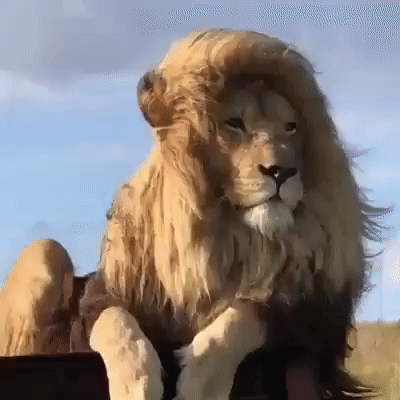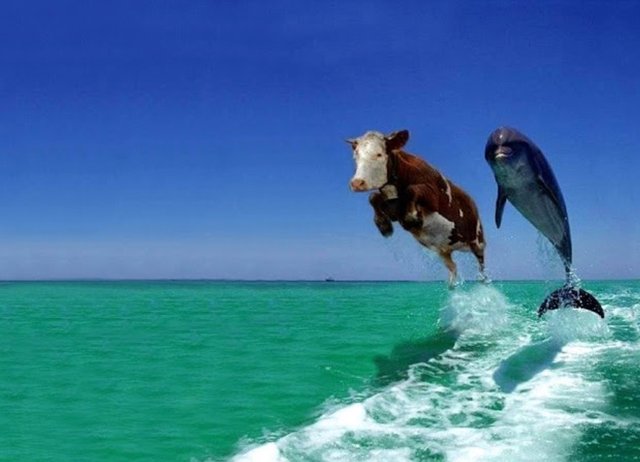Opportunity Cost
$
When I studied finance in college a very important principle was opportunity cost.The standard definition is that if you use your money to buy something, or invest in something, then you cannot use that same money to buy something or invest in else, it has been spent. So the opportunity to own the second thing or to invest in the second thing has been lost. So the opportunity to own the second thing has been lost or the opportunity to invest in the secobnd thing has been lost. In this context LOST means your can't own that thing or invest in that vehicle and any joy or utility you would have gained from owning the second thing, or any profits you would have made from investing from investing in the second thing can't be realized. It's interesting that you would feel a lost for something you never owned or never invested in, but thats what economics and finance teach us to consider...the what if's or different possibilities if we acted differently.
A more ilustrative definition would be this:
$
If you save money in an interest bearing savings account, your savings grows inside the account year after year. If you pull that savings out of the account to buy a car, it no longer grows in your savings account. Instead you used it to buy a car. There is an opportunity cost in buying the car. The opportunity cost is that your money is no longer earning interest and growing in the bank. The opportunity to earn interest was lost when you bought the car. That is called the opportunity cost of buying the car.
My favorite illustration and thus the picture for this article is this:
$
You are ordering food in a restaurant, where they serve both fish and steak, but you can only order one, either fish or steak. If you choose fish, you lost the opportunity to order steak. If you order steak, you lost the opportunity to order fish. Thus the opportunity cost of ordering steak is that you don’t get to order fish. So the joy of eating steak is lost forever.
The highest and best use
$
The above discussion can only truly be brought to a close by discussion this concept. In economic theory and perhaps in life there is something called “the highest, best use”. Which in theory has a higher opportunity cost if not chosen, and it’s profits are so great as to exceed the opportunity cost of the alternatives. So it is the choice, that when compared to all of the alternatives where you may put your money, it is the one which brings the most joy or the most profit.
This principle or rule or law, which ever appeals to you, leads investors in search of the Holy Grail of investing. Which an investment with no opportunity cost, that allows you to save and buy at the same time, or as I explained in the last example: to order both steak and fish.
If you find it...“Bon Appetite.”
Please follow my Twitter Feed Here

Picture Credit: Fish and Cow Picture: http://www.laughspark.com/funny-image-with-cow-and-fish-14382
Posted Using LeoFinance Beta

I had a long time not hearing the term "opportunity cost", knowing how to make one choice over another is very important in business, to choose wisely you have to have proper knowledge about both options and have your eye on which one will benefit you best in the future.
Downvoting a post can decrease pending rewards and make it less visible. Common reasons:
Submit
Exactly.
Thanks for commenting.
Downvoting a post can decrease pending rewards and make it less visible. Common reasons:
Submit
It's just like I am sitting on my finance and banking course where in managerial economics course it was elaborated discussed all aspects of opportunity cost. but here you have explained with very simple language and some examples. the incoming of second best alternatives is opportunity cost that's why we are getting sim difference between accounting profit and economic profit.
Downvoting a post can decrease pending rewards and make it less visible. Common reasons:
Submit
@tipu curate 2
Downvoting a post can decrease pending rewards and make it less visible. Common reasons:
Submit
Upvoted 👌 (Mana: 0/6) Passive income || Compare APR
Downvoting a post can decrease pending rewards and make it less visible. Common reasons:
Submit
Hello @shortsegments
In a way, no matter what part of the world we find ourselves in, we are all on the same path of looking for those best investment options, although we don't always find them quickly.
I didn't know this term, but the economic area is really very wide.
Downvoting a post can decrease pending rewards and make it less visible. Common reasons:
Submit
Opportunity cost is a very interesting part of economic study, it teaches us the importance of preference and making one choice over the other.
Downvoting a post can decrease pending rewards and make it less visible. Common reasons:
Submit
I think it's a principle that applies to many aspects, because even applying to time, spending time on one thing means not being able to spend it on another, so you always have to choose what gives you the most gratification.
Downvoting a post can decrease pending rewards and make it less visible. Common reasons:
Submit
Dear @shortsegments
Interesting choice of topic.
I've learned about it too during my Uni days. I've called it "alternative opportunity cost" which sounds about the same. Idea behind it was simple: that we have limited resources and we can only use them in limited number of ways. Every way will cost some of those (limited) resources. And we shall use them to create opportunities, which will benefit us the most.
It does remind me of my wife. When she is browsing online stores - she often seem to feel that she lost something she never owned hehehe :) Especially if she sees some promotion and in her head that particular item should already belong to her.
Solid read. Upovted already,
Stay safe and have a great weekend,
Yours, Piotr
Downvoting a post can decrease pending rewards and make it less visible. Common reasons:
Submit
Thank you for your kind words, I think your wife illustrates that opportunity cost includes loss of joy. :)
I hope you have a safe and happy weekend.
Downvoting a post can decrease pending rewards and make it less visible. Common reasons:
Submit
Thank you for your kind
Words, I hope you have a safe
And happy weekend.
- shortsegments
I'm a bot. I detect haiku.
Downvoting a post can decrease pending rewards and make it less visible. Common reasons:
Submit